
Pattynama is one of the Indonesian players who are unemployed - Photo: BOLA
The worries of Indonesian football
Two days ago, CNN news agency in Indonesia shocked the country's football community when it revealed sad news - six naturalized players from the archipelago nation became unemployed this June.
They are Jordi Amat, Justin Hubner, Shayne Pattynama, Thom Haye, Tjoe-A-On and Rafael Struick.
Not only that, CNN Indonesia is even more pessimistic when it commented: "There will be more and more naturalized Indonesian players who will fall into unemployment. These 6 names are the beginning."
Objectively speaking, it is not surprising that the above 6 players are unemployed.
As for Amat, he is 33 years old this year, an age usually associated with the expiration of his contract and then looking for a new club.
Haye's case is quite complicated. He could have stayed in the Dutch Championship (Eredivisie), but left because he could not find a common voice with Almere City Club.
However, it is still difficult to understand why a star valued at millions of dollars like Haye has not found a new club.
For younger players like Pattynama, Tjoe-A-On, Struick and Hubner, their temporary unemployment was simply due to not being good enough.
For example, Hubner has been on the payroll of Wolverhampton Wanderers for the past two years. The Premier League club is completely beyond Hubner's reach. When he saw that the Indonesian player no longer had any potential to develop further, it was understandable that he would terminate his contract.
Will the difficulties last?
So why is CNN Indonesia so pessimistic, thinking that there will be more unemployed naturalized Indonesian players?
Although the reasons are not clear, this pessimism is based on the difficulties that naturalized stars face.
The first could be due to the non-EU (non-European) quota for European clubs. Each European national championship sets a maximum number of non-EU players for a team.

Thom Haye also faced difficulties despite being highly rated - Photo: OC
If they choose to return to Indonesia and give up their Dutch citizenship, most of the naturalized stars from the archipelago will be considered non-EU. And so, of course, they will face difficulties.
The Eredivisie also has a very strange rule that limits the minimum salary a non-EU player receives to 150% of the league average salary. This figure is currently around 500,000 euros/year.
It is not impossible that because of this regulation, Haye will have to leave Almere City - where he still receives a salary of 400,000 euros.
Even if they retain their European citizenship and are considered EU players, Indonesian naturalized stars still face difficulties due to the long travel schedules.
Every year, they have at least 5 national team gatherings to compete. Each player has to fly more than 11,000km from Europe back to Indonesia.
For a long time, such a distance has always been difficult for South American, Korean, or Japanese stars, forcing them to always rest at least 1 match after returning from the national team.
No coach at the club wants his players to be so exhausted for the international schedule.
In general, those are the barriers that these European-born stars will face when choosing to naturalize as Indonesians to pursue their World Cup dream.
As a result, it is difficult for them to find suitable teams that are willing to meet their salary requirements, playing opportunities and time spent on the team.
Of course, if talented enough, Indonesian stars can still find big clubs in Europe. As in the case of defender Kevin Diks, who recently moved to German giant Monchengladbach.
Source: https://tuoitre.vn/indonesia-tra-gia-cho-chinh-sach-nhap-tich-o-at-20250622110642042.htm


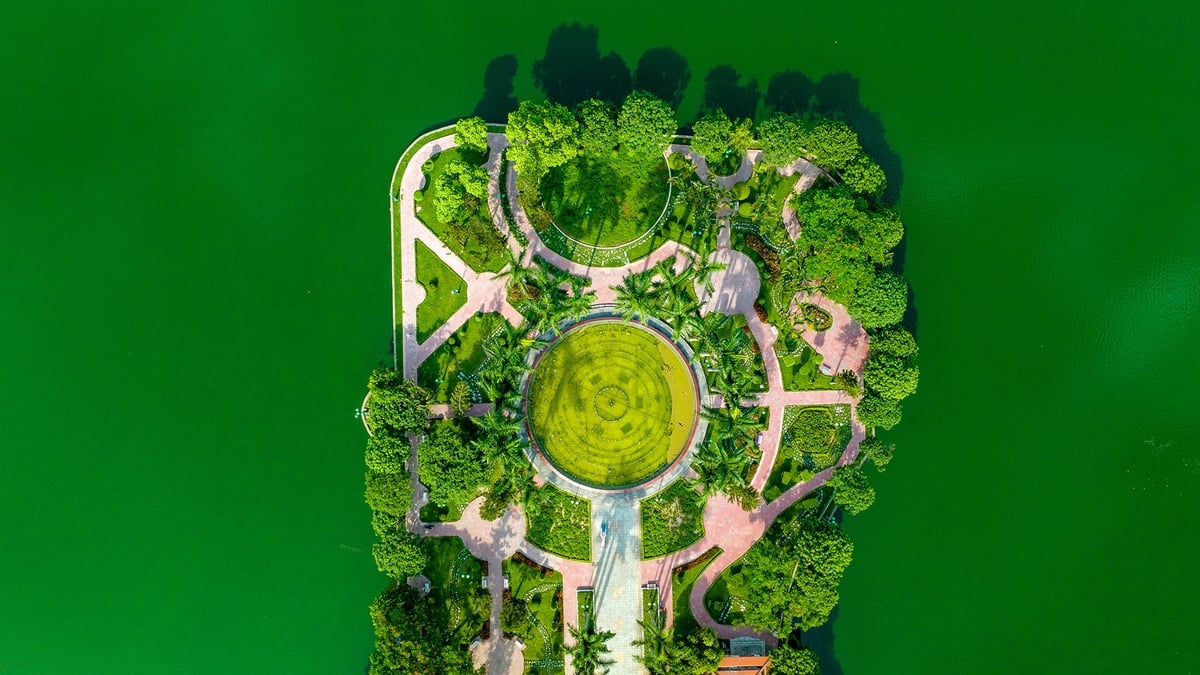


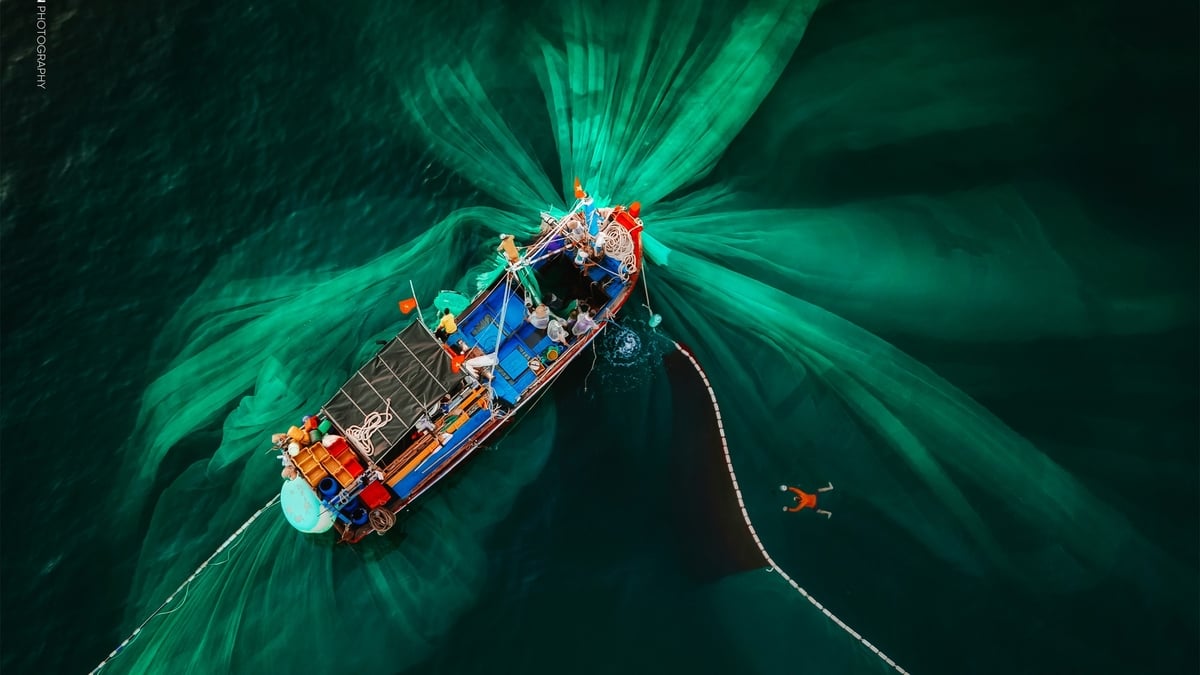





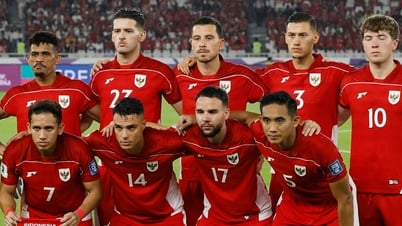


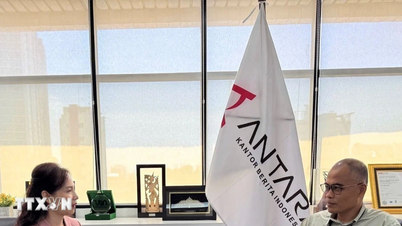















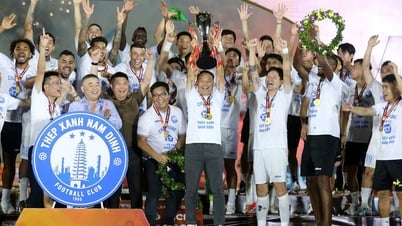
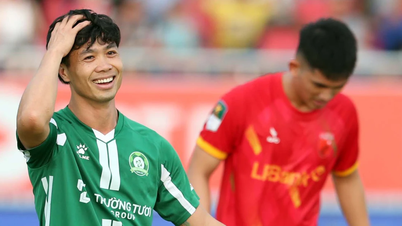





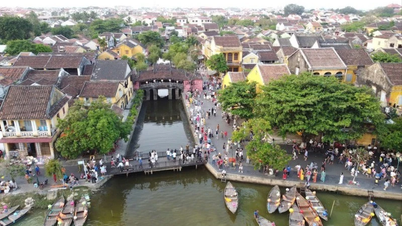


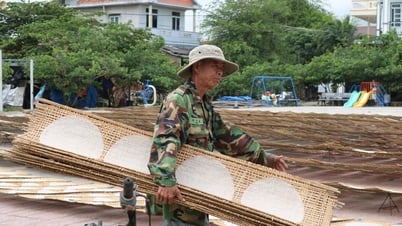
















![[Maritime News] Wan Hai Lines invests $150 million to buy 48,000 containers](https://vphoto.vietnam.vn/thumb/402x226/vietnam/resource/IMAGE/2025/6/20/c945a62aff624b4bb5c25e67e9bcc1cb)





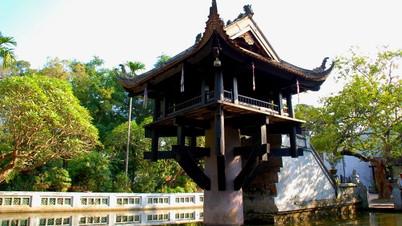



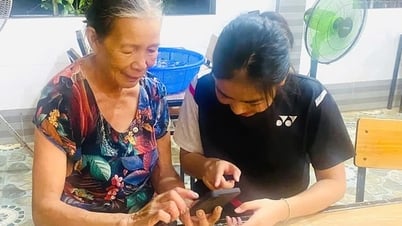




![[Infographic] Party Committee of the Ministry of Culture, Sports and Tourism: Marks of the 2020 - 2025 term](https://vphoto.vietnam.vn/thumb/402x226/vietnam/resource/IMAGE/2025/6/22/058c9f95a9a54fcab13153cddc34435e)





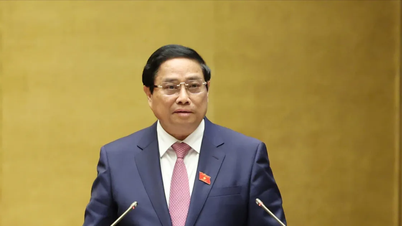





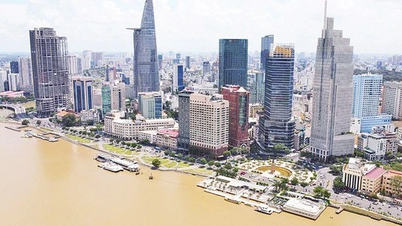









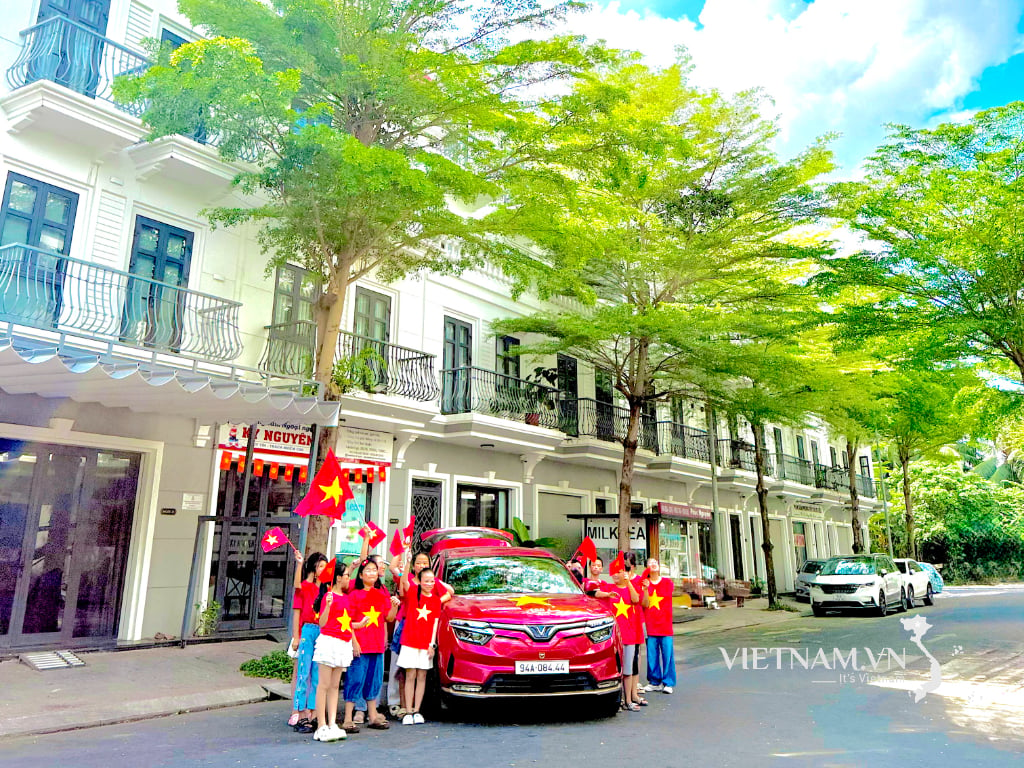

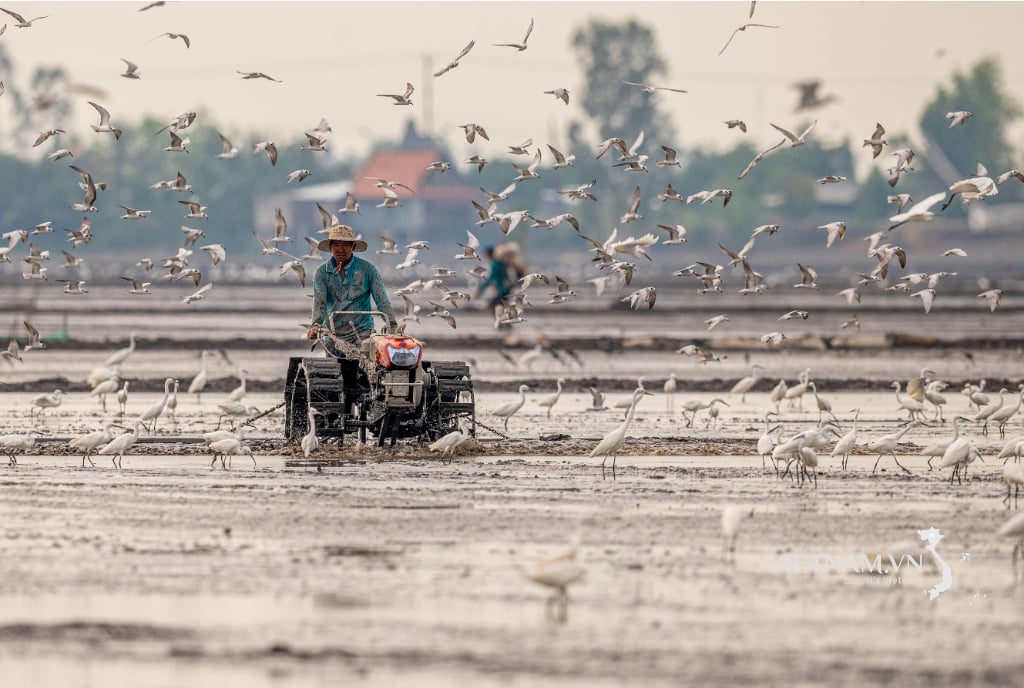

Comment (0)